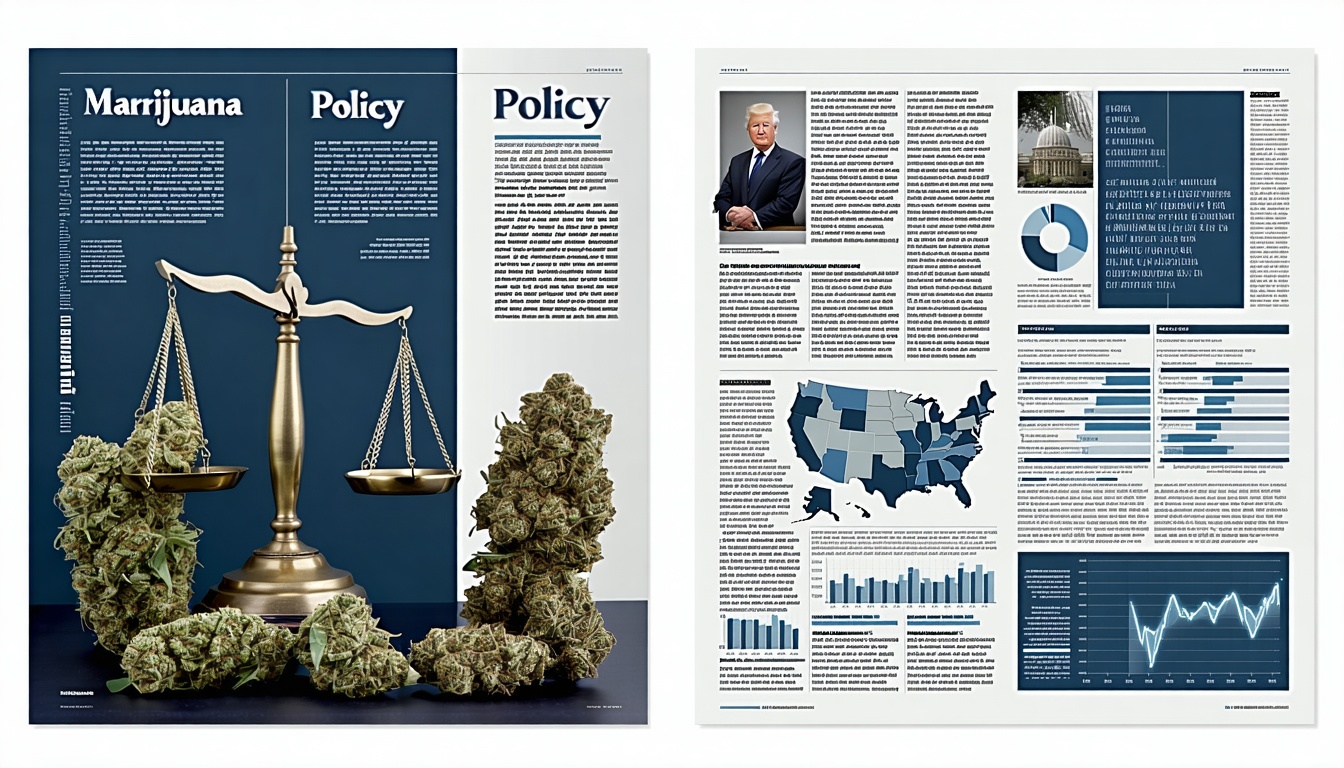A Republican senator has reintroduced a bill aimed at tripling the concentration of THC that hemp can legally contain, as lawmakers weigh competing cannabis regulatory proposals. Senator Rand Paul (R-KY) filed the Hemp Economic Mobilization Plan (HEMP) Act, which is identical to a version he proposed last Congress.
The bill addresses several concerns the hemp industry has expressed about federal regulations, including the current 0.3% THC cap, which many argue is too low. The measure would increase the THC threshold to 1% and allow final hemp products to be tested, rather than the initial flower from the plant.
The legislation also sets documentation requirements for transporting hemp shipments to prevent further instances of law enforcement seizing the legal crop, believing it to be illicit marijuana. Additionally, it expands the type of documentation that people can possess to demonstrate product legality.
Meanwhile, Senator Ron Wyden (D-OR) has announced separate legislation that would create a federal regulatory framework for hemp-derived cannabinoids, allowing states to set their own rules for products like CBD while also ensuring that certain safety standards are met.
The introduction of these bills comes as congressional lawmakers consider other controversial legislative proposals to impose a general ban on hemp-derived cannabinoids like delta-8 THC. Some hemp industry advocates have expressed concerns that the proposed language could lead to a ban on virtually all non-intoxicating CBD products.
The hemp market has faced significant regulatory hurdles since its legalization, leading to economic stagnation. However, a recent report found that the hemp market in 2022 was larger than all state marijuana markets, and it roughly equaled sales for craft beer nationally.
The USDA is also reportedly revoking hemp licenses for farmers who are simultaneously growing marijuana under state-approved programs, underscoring a policy conflict stemming from the ongoing federal prohibition of some forms of the cannabis plant.












